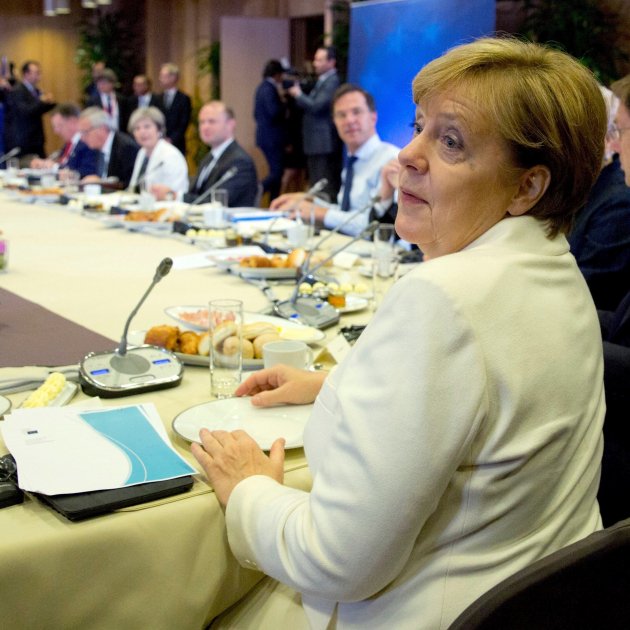Germany's second largest newspaper, Süddeutsche Zeitung of Munich, has taken a clearly critical position on Sunday's detention of Catalan president Carles Puigdemont on German soil, opening its digital edition with the headline "Germany now has its first political prisoner" and offering a chronicle from one of its journalists of reference, Thomas Urban.
"The Federal Republic of Germany now has its first political prisoner: Carles Puigdemont, former Catalan president who proclaimed the independence of his region, although the majority of the population do not support it at all. Is he a political prisoner? The fact that the imprisoned politicians are political prisoners is not only the point of view of most members of the regional parliament in Barcelona and of Amnesty International, but also, through their own experience, of the ministries of justice in Brussels and Bern. Belgium and Switzerland have not handed Puigdemont over to Madrid because they do not consider that the conflict in Catalonia is an internal problem in Spain and, even less, a criminal problem", says the German daily's chronicle.
According to the newspaper, the Puigdemont case has made an impact in Berlin, in the chancellery, and tensions are being produced, because European judicial criteria are colliding. "Could the German justice ministry decide the opposite to Belgium?, it asks.
The article makes it clear that the Catalan politicians are not at all violent - when violence is required under the German criminal code for its equivalent of the crime of rebellion. "They are not terrorists, but rather politicians who have won legitimacy in free elections and who only use peaceful means. For this reason alone, according to Spanish legal professors, the conditions for a crime of rebellion do not exist. In Catalonia there was no violence from the pro-independence movement, only from the Spanish police. It is true that Madrid has the right to neutralize the secessionists politically; but disqualification from holding public office and the prohibition of their organizations would be enough", the article states.
